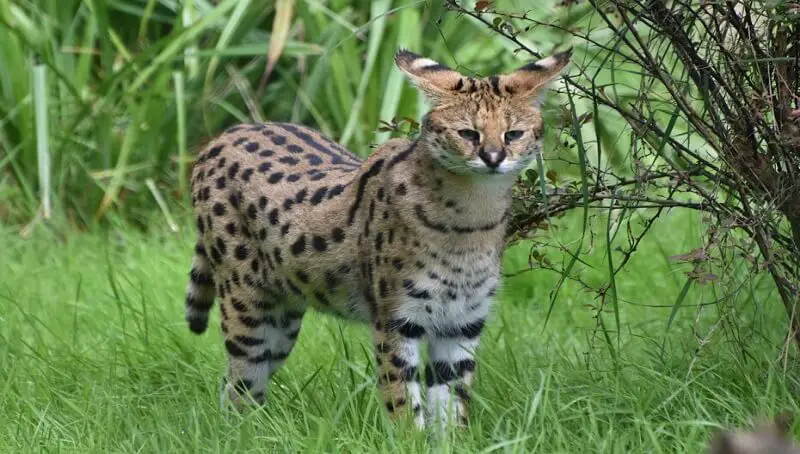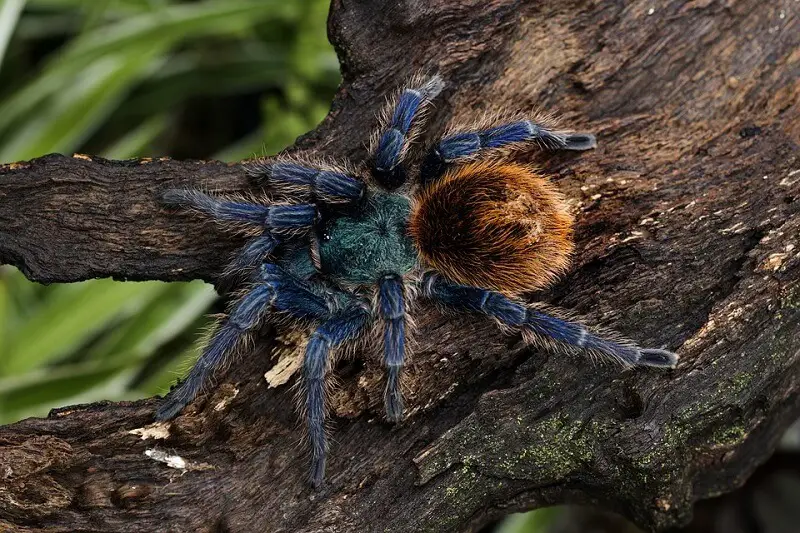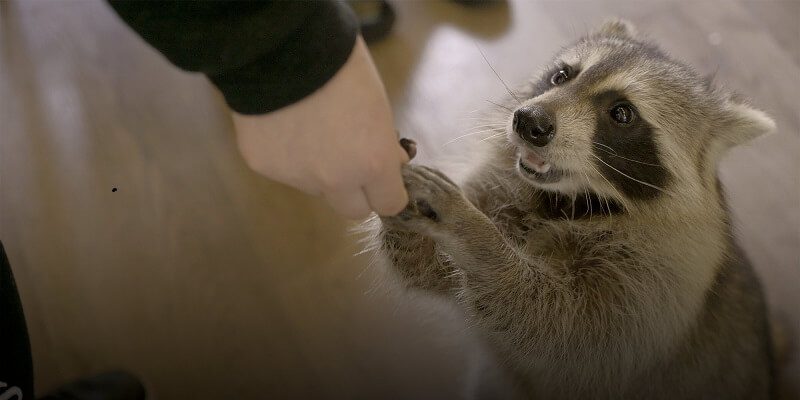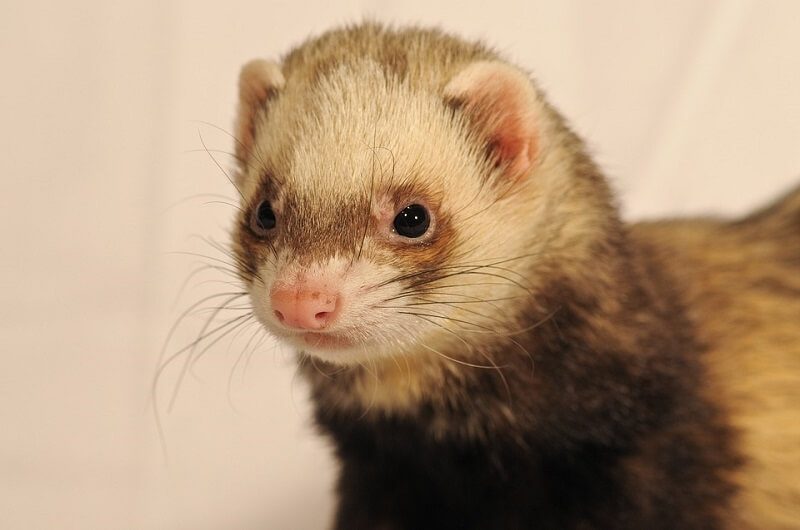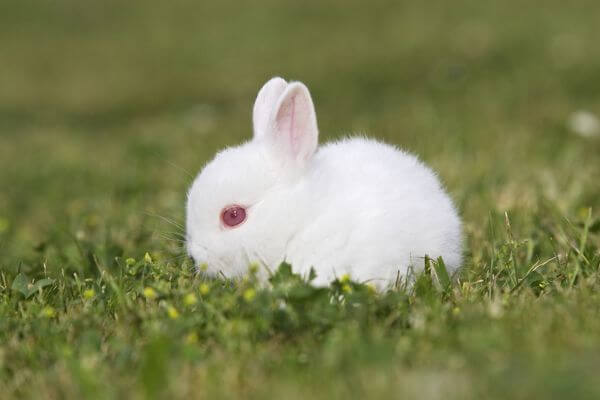Servals are very beautiful cats with a very unique and certainly attention-grabbing look. But should you actually keep one as a pet?
Recent years have found people more and more interested in exotic and wild species as potential pets, and the serval cat is no exception. As people see these types of cats both in the wild and while visiting the zoo, they start to wonder whether buying a serval would be a good way of making their home more connected to the nature.
Although it might sound like a really interesting idea to own a serval, you should consider some very important factors before going for an exotic cat. You will deal with some very out-of-the-ordinary needs of the animal, which aren’t all that usual in the case of domesticated cats. Not only that, but you will also have to consider the legal implications of owning this species. You will find all about servals and exotic cat raising in the article below.
What is a serval cat?
Servals are native to Africa and are considered a wild breed of cats. While in their natural habitat, they will spend all day hunting small prey and roaming around wetlands and savannahs. They will commonly reach 40 pounds in size and will have big bursts of energy. They can also climb trees and are pretty great at escaping from enclosures.
You might also like my articles on whether you can keep emus, octopuses, or ferrets as pets.
Although they aren’t all that different in appearance from your usual domesticated pet cat, they are not domestic at all. As domestic cats have had a lot of generations to spend around humans, being bred gradually for comfort around their owners, servals have never had this opportunity. Servals are still wild animals at their core, even though being domesticated and raised around humans, they might act normal to a degree.
History of the serval cat
Serval cats are very solitary predators when in the wild in Africa. They will not only choose to live alone, but they will also fight other servals for their territory.
Early Egyptians actually kept servals as pets, as indicated by historical records and ancient art. Breeders only recently started to develop an interest in these beautiful cats once again. As soon as some breeders started to raise these cats, they also promoted them as possible pets. They were even bred with domestic cats as a way of increasing their appeal, giving birth to what is known nowadays as the Savannah cat.
Life expectancy: 20 years
Average weight: Female: 25lbs/11kg, Male: 30lbs/14kg.
Is it even legal to own a serval cat in the US and the UK?
If you live in the United States, then you will have to check the laws of the state and county you live in because in some it is legal to own a Serval, while in others it will be illegal to keep one as a pet. Being wild animals, Servals will be subject to the rules that govern wildlife ownership.
While some states have no restrictions around owning a serval, others will completely prohibit keeping one. There are also states that will only allow serval ownership under some registration and licensing requirements.
In the UK, on the other hand, it is completely outside of the law to keep a serval without special permission given by the authorities.
But can a serval actually be a good pet?
You should never mistake a serval for a domestic cat. These are wild creatures and should be seen for what they are. Servals will be fearful and shy around visitors or strangers even though they might develop some form of attachment to their owner. Although they usually have no intention of being aggressive towards humans, they can also be pretty unpredictable, depending on the context.
Keeping a serval will be a lot different than keeping a cat, and will be more similar to caring for a zoo animal. You won’t see it eat commercial cat food, use a litterbox, or even live properly in your home. Servals will usually eat a combination of fish, rodents, and other small whole animals, and will require an outdoor enclosure to live in. This means that you should never have the expectation for your serval to sleep on your lap or even curl up in your bed at night.
Serval cat care
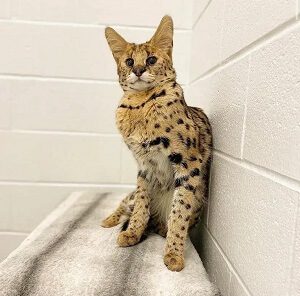 Although at some point or another you will have to take your serval to the vet, there aren’t a lot of veterinarians that know how to treat wild and exotic animals. This is why you will have to look around for a veterinarian with the necessary skills to treat exotic animals, so they can give your serval the necessary medical care. Although you will find it hard to get in touch with the right veterinarian willing to work with your serval, don’t give up because proper medical care is a must for keeping your pet healthy and happy. You should even look for a veterinarian before actually bringing the pet back to your home.
Although at some point or another you will have to take your serval to the vet, there aren’t a lot of veterinarians that know how to treat wild and exotic animals. This is why you will have to look around for a veterinarian with the necessary skills to treat exotic animals, so they can give your serval the necessary medical care. Although you will find it hard to get in touch with the right veterinarian willing to work with your serval, don’t give up because proper medical care is a must for keeping your pet healthy and happy. You should even look for a veterinarian before actually bringing the pet back to your home.
Keep in mind that you will need a rather large outdoor enclosure to house a serval. These creatures will need a lot of room to run around and fences to climb on. They are great at digging and climbing fences, so make sure you build an enclosure that is fenced on all sides, has a strong roof, and the walls are extended a few feet underground. You should also consider building a water fountain in the enclosure, to give the serval a place to swim and drink water.
Serval cats require a varied and diverse diet. They won’t have their special nutritional needs met with just commercial cat food. What you will have to do instead is to figure out a combination of normal cat food with live rodents and even seafood. Live seafood can be dumped in and around the water fountain, while live rodents can be freed right into the pet’s enclosure.
Are Servals similar to Savannah cats?
The Savannah cat is actually a cross between a domestic cat and a serval. This combination has been a result of people trying to create a domesticated type of serval. Keep in mind that these cats, although a mix of domestic cats, are still considered exotic.
The legality of having a Savannah cat as a pet will actually depend on where you live. You will often find that Savannah cats of a first generation (F1), meaning that one of their parents is actually a servant, will be regulated just like servals.
It is illegal to own a Savannah cat of the first generation (F1) in the United Kingdom, as well as in a lot of parts of the United States. On the other hand, there are fewer restrictions for the second-generation Savannah cats (F2), because these aren’t considered as wild, having both of their parents Savannahs.
Risks associated with owning a serval cat
Servals are surely not small when it comes to their actual size and they are considered wild animals. This means that there is always a risk of them attacking other pets or even people around the house. If you have vulnerable people, small children, or pets around your home, it is better to go for a different type of pet.
Due to their active nature, servals can also be destructive. Never allow your serval inside your home if you don’t want to go shopping for new curtains and sofa cushions.
